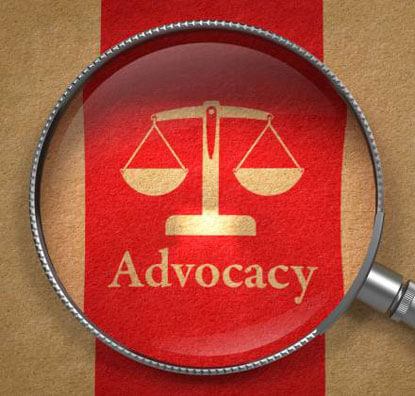Summary: A new ruling by the FTC aims to better protect consumers from revenge porn tactics.
Many men and women have suffered humiliation after their exes have used their private images or videos to seek revenge after going through a breakup. According to Wikipedia, hackers may also post the material. This practice, called revenge porn, has grown significantly in recent years, and has been difficult to address by various legislatures and lawmakers, as they were unable to keep up with the changing states of these malicious businesses. Until now, the distribution of revenge porn brought significant profits to those who made it available.
K&L Gates just initiated a project to address revenge porn.
However, The Atlantic reports that law enforcement at both the state and federal level is beginning to treat entities that profit from the release of confidential communications the same as other illegal enterprises, sending the message that businesses cannot encourage others to breach promises of confidentiality without suffering consequences for any resulting damage.
Last week, the Federal Trade Commission announced that a settlement had been reached with Craig Brittain, who founded a major revenge porn site, Is Anybody Down. The charges against Brittain centered on the site’s solicitation of individuals’ nude photos, as well as their contact information, and the display of that information to the public. Since the decision, Brittain has posted an apology on the website.
A Los Angeles man will serve a year in jail for posting nude photos of his ex-girlfriend online.
In its filings, the Federal Trade Commission argued that it was unfair for Brittain to exploit individuals for commercial gain. In addition, Brittain was accused of fooling women into sending him nude photos by posing as a woman online and promising to keep the photos private. As part of the settlement, Brittain promised to leave the revenge porn business, and also promised that express consent would be obtained before sharing nude photos of anyone.
The case is the first against a revenge porn operator. In general, the law has had a difficult time addressing privacy threats, including those to sexual privacy. Free-speech claims have halted legislative efforts to limit disclosures of truthful information. In addition, federal law grants online publishers immunity from liability for user-generated content. Therefore, the law, until this time, has been unable to completely protect individuals from significant invasions of privacy—such as revenge porn.
Last year, a lawsuit was filed against Facebook as part of a revenge porn claim.
Until now, the confidential relationship aspect of the sharing of these photos or videos has been overlooked. This personal information is most often shared while individuals are in relationships, and these relationships require one to take responsibility when serious harm results from a breach of confidentiality. Businesses cannot exploit nude images that were privately shared without disregarding such relationships. This fact will be true whether the businesses sell access to private communications, such as through cyberstalking apps, or by violating a confidential relationship or contributing to a breach of confidentiality to obtain nude images and videos.
Now, the movement to preserve the confidential relationship is gaining support. California Attorney General Kamala Harris is prosecuting revenge-porn businesses that are exploiting such confidential communications for profit. According to CBS News, a San Diego man was charged with 27 felony counts, including identity theft and extortion, since his revenge porn site required individuals to pay a fee to remove their photos. Businesses have now been warned that it will be illegal to exploit this information that was shared in confidence with an expectation of privacy. Whether a company sells apps or access to photos, the warning is the same—selling information shared in confidential relationships for commercial gain could end with charges and fines.
The reasoning behind the Federal Trade Commission’s complaint against Brittain has its roots in deception cases. In consumer protection law, businesses were banned from contacting banks and financial institutions under an account holder’s name to acquire information, and requesting personal information from consumers for “verification” reasons while pretending to be the consumer’s bank. The FTC compared Brittain’s actions to these methods, since he impersonated a woman and promised that the photos he obtained would not be shared.
In addition, other previous decisions have prohibited the persuading individuals to betray another person’s trust. By encouraging and soliciting individuals to provide nude photos, names, birth dates, Facebook profiles, phone numbers, and residences, Brittain was doing just that with his website.
Many maintain that confidentiality is not only necessary in professional relationships, but also in personal ones to form strong social bonds—which is why the law has protected confidential relationships. These protections are not a violation of free speech because the breach of an implicit or explicit agreement is what is punished—not the publication itself.
Source: The Atlantic
Photo credit: wired.co.uk







































